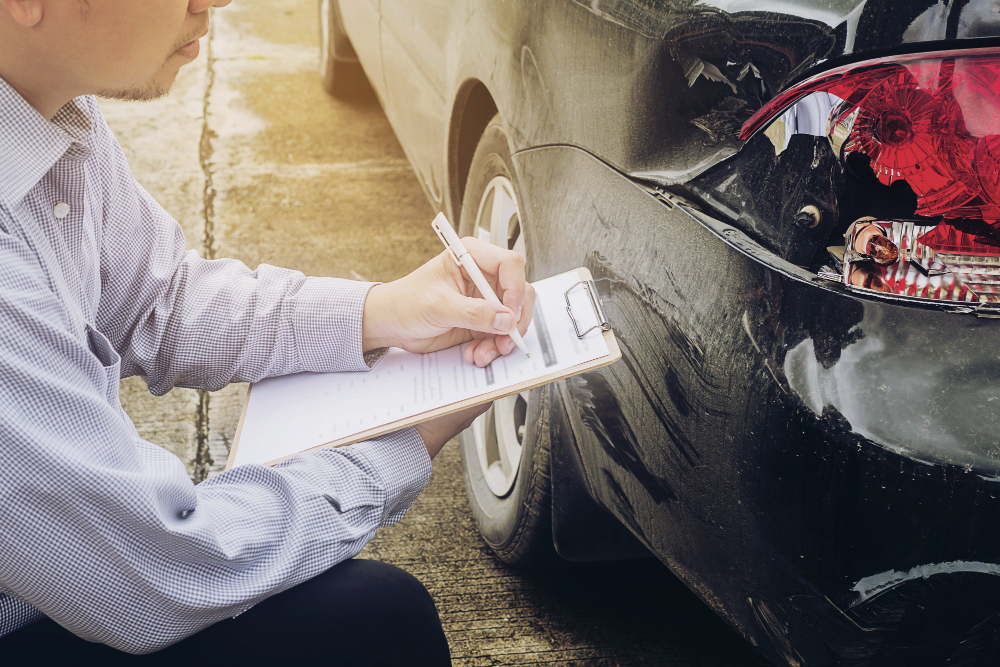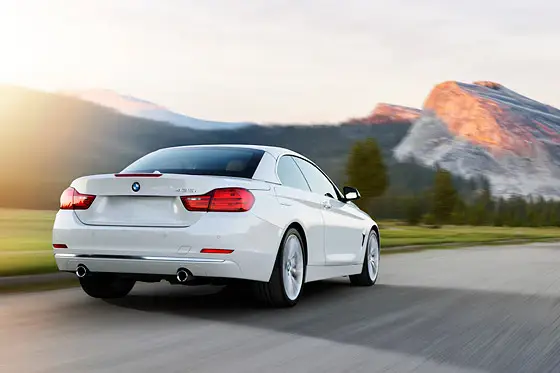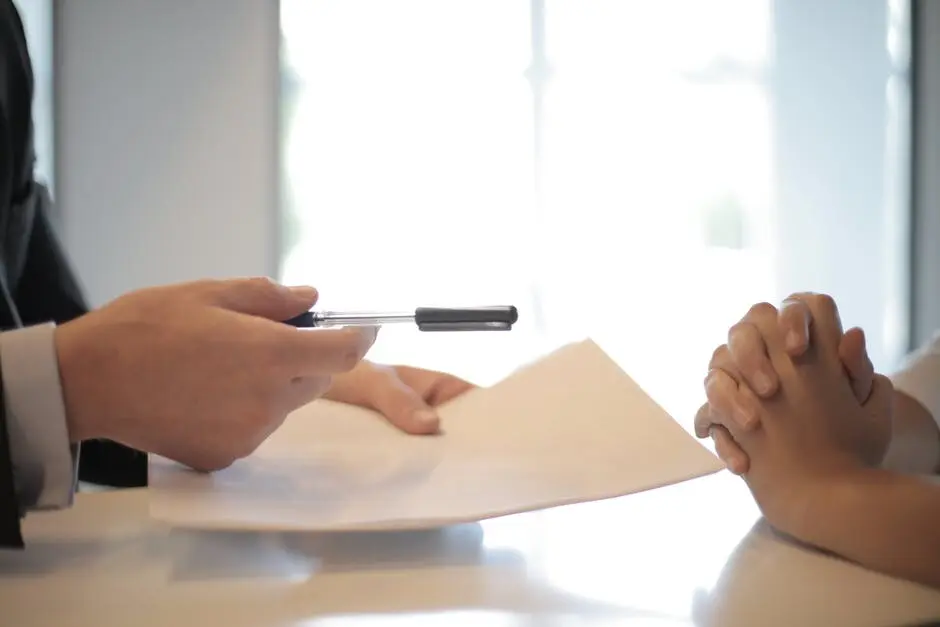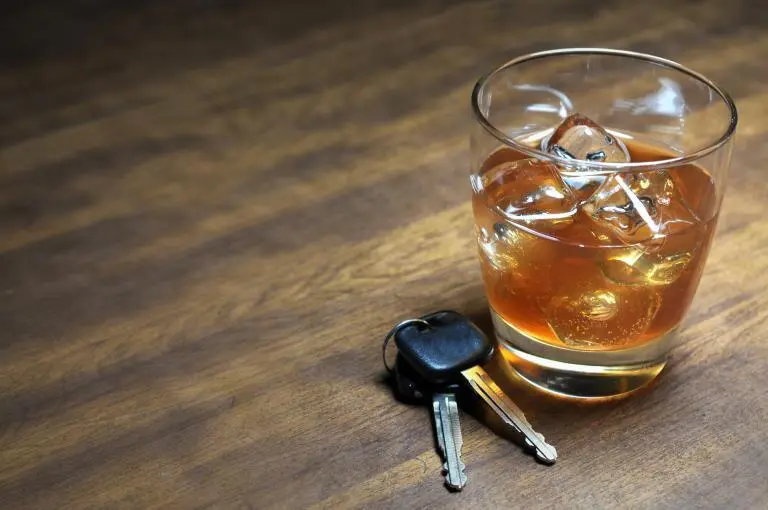We get this question a lot here at Staybull Insurance. The short answer is no you cannot. If you own a vehicle, have a vehicle registered to you, operate a particular vehicle on a regular basis, or have regular access to a vehicle, your auto insurance and FR44 must be on the same policy. There is no such thing as a “separate” FR44 policy. We have heard of insurance agencies that are urging customers to do this because it is cheaper. What they are doing is selling the customer a non-owner FR44 policy and telling the client to purchase “regular auto insurance” on the vehicle. The problem is technically this is insurance fraud. The point of the FR44 is for the State of Florida to confirm that you have the higher required coverage in the event you hurt someone in an automobile accident. This type of policy is exactly how it sounds. They are for people that do NOT own a vehicle and they specifically exclude coverage for vehicles you own. So if you have a vehicle and you purchase a non-owner policy, it tricks the State of Florida’s computer system into thinking you have the FR44 when in reality, you do not have the FR44 on that vehicle (along with the high coverage that is required with the FR44). That being said, if you were to get into an accident, both insurance companies can deny a claim based on this. The person you injured or caused property damage to would not be afforded the higher coverage you were required by to have law because coverage would be excluded. The claim investigators would assume you were trying to circumvent the system and you could be subject to further legal action. Most people do not know that when you are purchasing insurance there is fine print on the application you are signing that in some cases include notices of these exclusions. We also hear of people transferring their vehicle into the name of a parent and purchasing a non-owner policy and again this is not allowed and would be considered trying to circumvent the system in the event of a claim.
Why do non-owner policies exist?
The non-owner policies just provide coverage while you are operating non-owned vehicles outside of the household that are not owned by relatives and you do not operate on a regular basis. They are meant for people that do not have a vehicle at all and do not have regular access to a vehicle. If you are required to have the FR44 and the above situations apply to you, this could be a good way to get your license back. To give you some examples of what they would cover would be while you are renting a vehicle on a short-term basis. They would not provide coverage to damage for the rented vehicle itself (you would need to purchase this additionally from the rental car company) but in most cases they would provide coverage to another party that you injured or caused property damage to. Another example of where this type of policy would possibly provide coverage would be occasion operation of a non-owned vehicle (outside the household, not owned by a relative, and that you do not have regular access or use of) such as a friend’s vehicle. It would not provide damage to your friends vehicle (because they should have insurance on it) but would possibly provide coverage for injuries and property damage to a third party in that situation.
Some things to note about non-owner policies
- There is no such thing as a “separate” FR44 policy
- They do not provide coverage for vehicles inside the household
- They do not provide coverage while you are operating a relative’s vehicle
- You cannot just transfer your vehicle to another person and have them insure it then purchase a non-owner policy and drive the vehicle. The insurance company will find out when they do a vehicle history report in the event of a claim.
- They do not provide any coverage for any vehicle you have regular access to or regular use of
- You cannot purchase a non-owner FR44 policy and separate “regular” auto insurance for your vehicle. This is considered circumventing the system and insurance fraud.
- Non-owner policies typically do not provide PIP or personal injury protection insurance for your injuries.
Please be advised this post is intended as a guide and you should consult your agent and read your policy carefully to find out what your policy covers.




